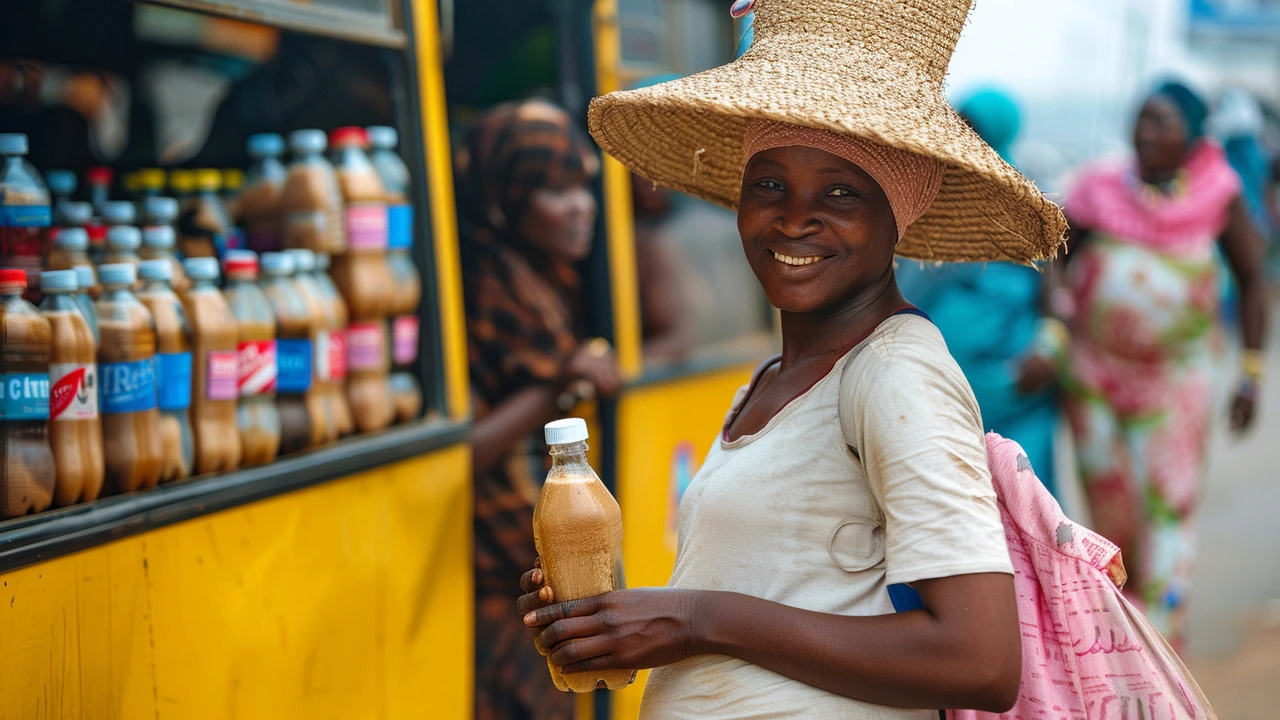Lagos Cholera Outbreak: What’s Happening and How to Stay Safe
Cholera has struck Lagos again, and the news is spreading fast. You’ve probably heard about rising case numbers, overwhelmed clinics, and warnings from the health ministry. If you’re living in Lagos or planning a visit, you need the facts now – not the jargon. Below we break down the latest figures, the signs to watch for, and simple things you can do to avoid getting sick.
Current Situation in Lagos
Since early June, Lagos State reported over 1,500 confirmed cholera cases and more than 40 deaths. Most of the cases are coming from densely‑populated neighborhoods where clean water is scarce and sanitation systems are under pressure. The government has set up temporary treatment centers in Badagry, Ikeja, and Ikorodu, and the Ministry of Health is urging people to report any suspected cases immediately.
Why the surge now? Heavy rains have flooded many low‑lying areas, mixing sewage with drinking water sources. When people drink or cook with contaminated water, the Vibrio cholerae bacteria can cause severe diarrhea and dehydration within hours.
How to Spot Cholera – Symptoms to Watch
Cholera symptoms appear quickly, often within a day of infection. Look out for:
- Profuse, watery diarrhea that looks like rice water
- Vomiting and stomach cramps
- Rapid loss of fluids leading to extreme thirst and dry mouth
- Low blood pressure, fast heartbeat, or fainting – signs of dehydration
If you or someone you know shows these signs, get medical help right away. Early rehydration is the key to survival, so don’t wait for a formal diagnosis.
Practical Steps to Protect Yourself
Stopping cholera starts with clean water and good hygiene. Here are the no‑nonsense steps you can take every day:
- Boil water for at least one minute before drinking, cooking, or brushing teeth. If you can’t boil, use a reliable water purifier.
- Wash hands with soap after using the toilet and before handling food. If soap isn’t available, use a hand‑sanitizer with at least 60% alcohol.
- Avoid raw foods that might have been washed in contaminated water – especially salads, fruits, and uncooked vegetables.
- Use safe sanitation – flush toilets properly, keep latrines clean, and don’t dump waste near water sources.
- Stay informed – follow updates from Lagos State Ministry of Health and trusted news outlets for evacuation notices or free oral rehydration sachets.
Even if you’re living in a crowded area, a little extra care can make a big difference. Carry a small bottle of clean water and a packet of oral rehydration salts (ORS) when you go out – they’re cheap and lifesaving.
What the Government Is Doing
The Lagos government has launched a rapid response plan that includes:
- Deploying mobile water treatment units to the hardest‑hit districts.
- Distributing free ORS packets and zinc tablets through community health workers.
- Running public education campaigns on radio, TV, and social media.
- Setting up cholera hotlines for quick reporting and assistance.
These measures are helping, but the real push comes from community effort. If you see stagnant water nearby, report it. If you notice a neighbor’s well looks dirty, encourage them to treat it or use an alternative source.
Cholera can be scary, but it’s preventable. By keeping water clean, washing hands, and staying alert to symptoms, you protect yourself and help curb the outbreak. Keep the tips handy, share them with friends, and let’s keep Lagos healthy together.
The Special Adviser to the Lagos State Governor on Health, Dr. Kemi Ogunyemi, spoke about the latest cholera outbreak that hit Lagos State in June 2024. The investigation showed that unregistered tiger nut drinks were a significant cause. Contributing factors include inadequate clean water, poor sanitation, and open defecation.
More
